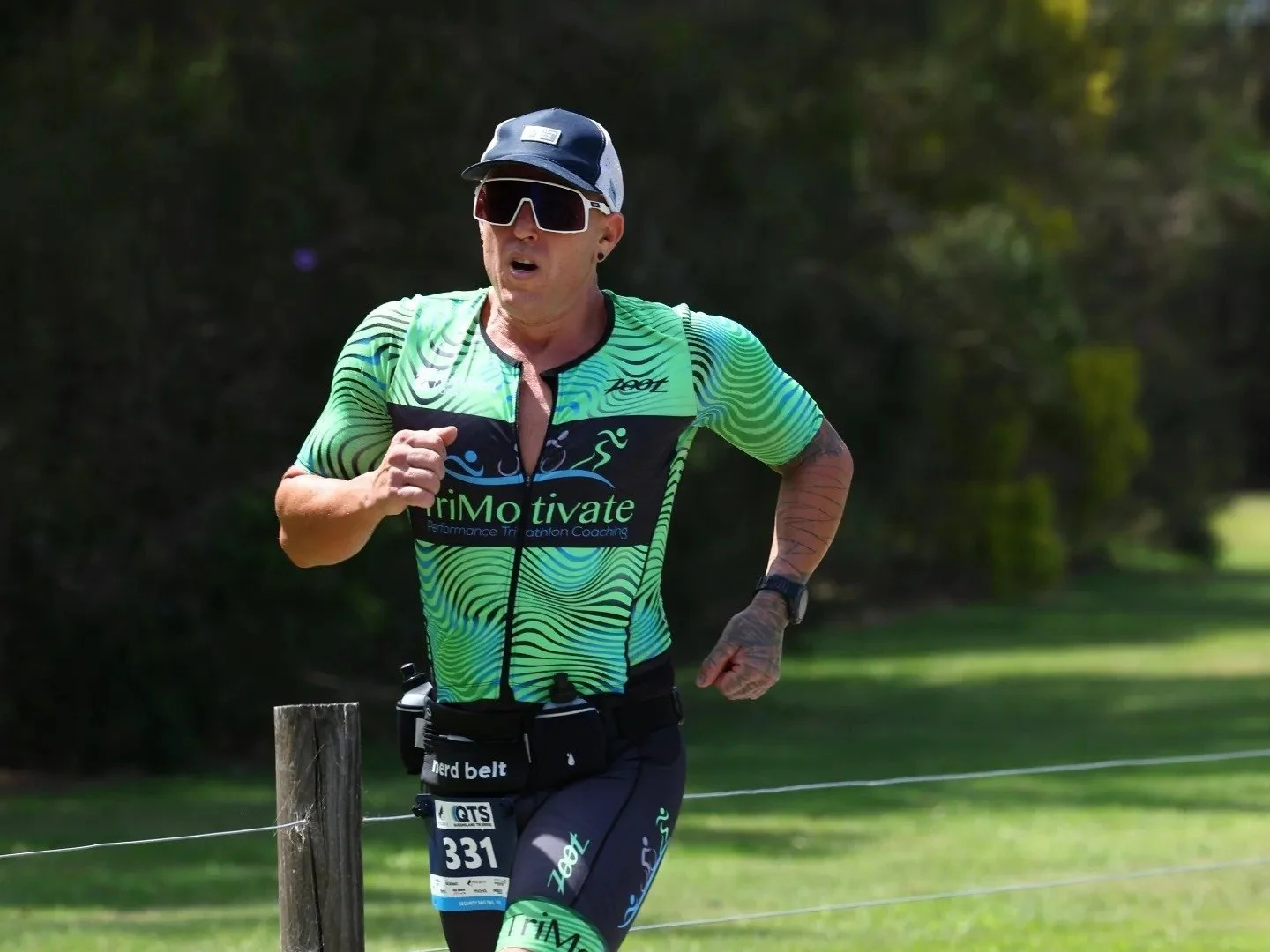How to work out your run pace for an Ironman or Triathlon event
How to work out your run pace for an Ironman or Triathlon event
Its not easy to try and factor in race paces for an ironman, sprint or even a standard distance triathlon. There are so many variables such as terrain, heat, distance, training leading up, and if your are nutritionally up to your goal paces. So how do you work it out? Firstly what tools to you have? Most athletes have a Garmin and the ability to perform a run test. Its recommended to do a run test at a time where you are adequately recovered, such as at the end of a recovery week. If you have done a recent event or run test please check out the run calculator below!
If you do not have a Garmin or something just doesn’t go right on race day, the good old RPE method works pretty well! ‘ Its a great idea to be training without the use of your Garmin to rely on data like pace and heart rate so you have a good idea of a race pace FEEL. Running from time to time with some tape over your Garmin is a great way to understand what perceived efforts feel like versus your pace and heart rate.
What does RPE stand for IN TRIATHLON AND RUNNING?
RPE simply stands for Rate of Perceived effort Effort, this is sometimes referred to as PE or perceived effort.
Super Sprint Triathlon 9-10 RPE - max effort, unable to speak.
Sprint Triathlon - 8-9 RPE - very high output unable to speak with the exception of 1-4 words.
Standard Distance Triathlon / Olympic Distance Triathlon 7-8 PE -high output, short sentences.
70.3 Ironman Triathlon 6-7 RPE - medium output able to string together sentences.
140.6 Full Distance Ironman 5-6 RPE - able to talk to athletes and spectators comfortably.
Enter the details of your most recent race or running test distance in below to discover your pace pace. Please keep in mind that there are some variables that might affect this on race day such as weather, athlete health, injury, fatigue, your training leading up and your recovery or taper into the week. Its especailly likely to change if your glycogen tank is empty (carbs).








